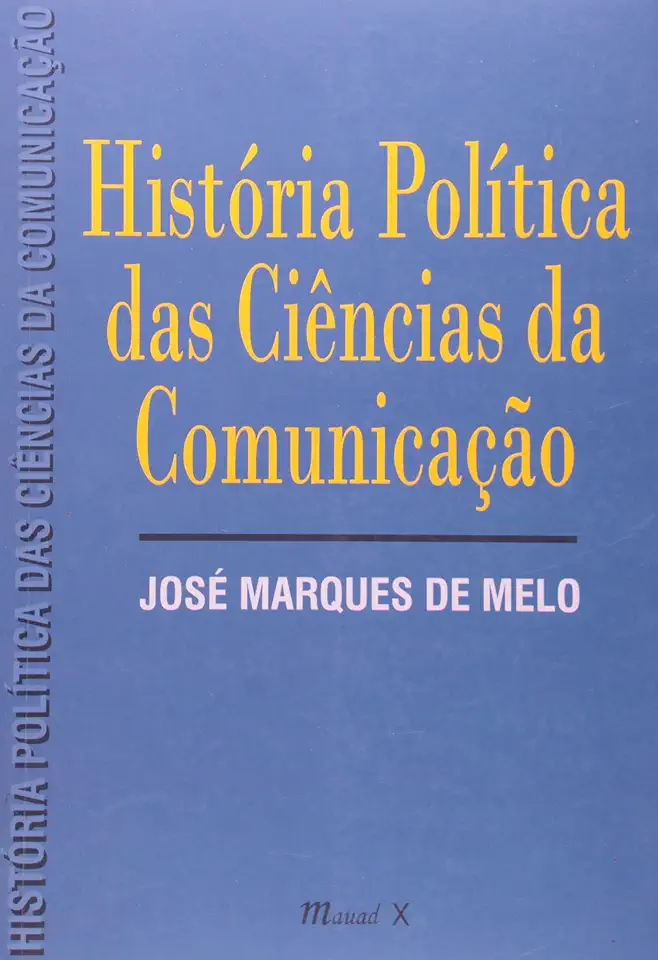
Political History of Communication Sciences - José Marques de Melo
Political History of Communication Sciences: A Comprehensive Overview
In his groundbreaking book, "Political History of Communication Sciences," José Marques de Melo presents a comprehensive and insightful exploration of the political dimensions that have shaped the field of communication sciences. With meticulous research and engaging storytelling, Melo unveils the intricate connections between communication, power, and society, offering a fresh perspective on the evolution of this dynamic discipline.
The Interplay of Communication and Politics
Melo begins by establishing the fundamental relationship between communication and politics, arguing that they are inextricably intertwined. He traces the historical roots of this connection, demonstrating how communication has always been a tool for political influence, persuasion, and control. From ancient rhetorical practices to modern mass media, Melo illustrates how communication strategies have been employed to shape public opinion, legitimize power structures, and mobilize social movements.
Communication as a Political Instrument
Throughout the book, Melo delves into specific case studies that highlight the political uses of communication. He examines the role of propaganda in shaping public perceptions during wartime, the influence of media ownership on political discourse, and the impact of digital technologies on political participation. By analyzing these instances, Melo exposes the ways in which communication can be manipulated for political gain, while also recognizing its potential as a force for social change.
The Rise of Communication Sciences
Melo then turns his attention to the emergence of communication sciences as a distinct academic field. He charts the development of communication theories, research methods, and educational programs, tracing the influence of political ideologies and social movements on the discipline's evolution. Melo argues that communication sciences have played a crucial role in shaping our understanding of political communication, providing critical insights into the dynamics of power, persuasion, and public opinion.
Challenges and Prospects
In the final section of the book, Melo confronts the challenges facing communication sciences in the contemporary political landscape. He examines the rise of fake news, the erosion of trust in traditional media, and the increasing polarization of public discourse. Despite these challenges, Melo remains optimistic about the potential of communication sciences to contribute to a more informed and democratic society. He calls for a renewed commitment to rigorous research, critical thinking, and ethical practices in communication, emphasizing the vital role of communication in fostering social justice and empowering citizens.
Conclusion
"Political History of Communication Sciences" is a must-read for anyone interested in the intersection of communication, politics, and society. José Marques de Melo's comprehensive analysis and engaging narrative provide a deep understanding of the political dimensions that have shaped the field of communication sciences. This book is an invaluable resource for scholars, students, and practitioners alike, offering a fresh perspective on the power of communication to influence and transform the political landscape.
Enjoyed the summary? Discover all the details and take your reading to the next level — [click here to view the book on Amazon!]